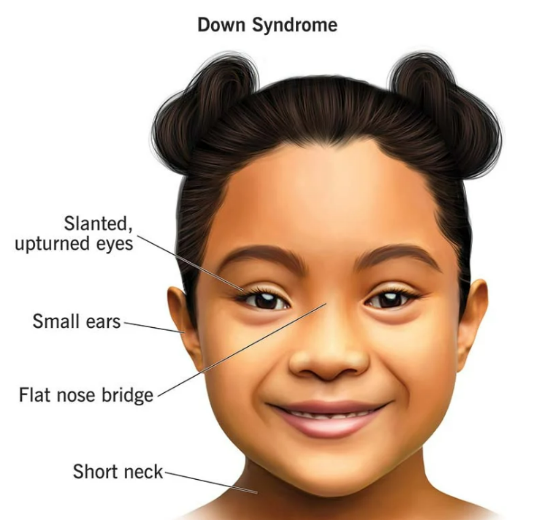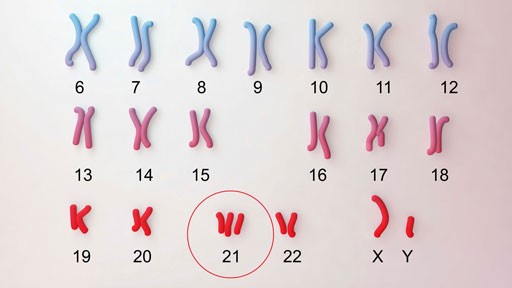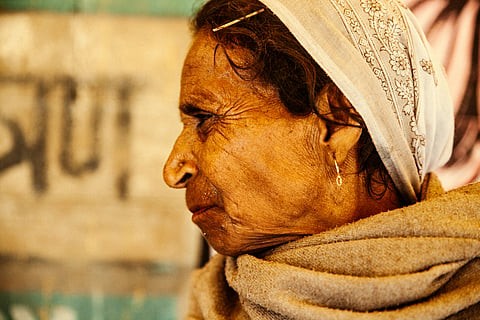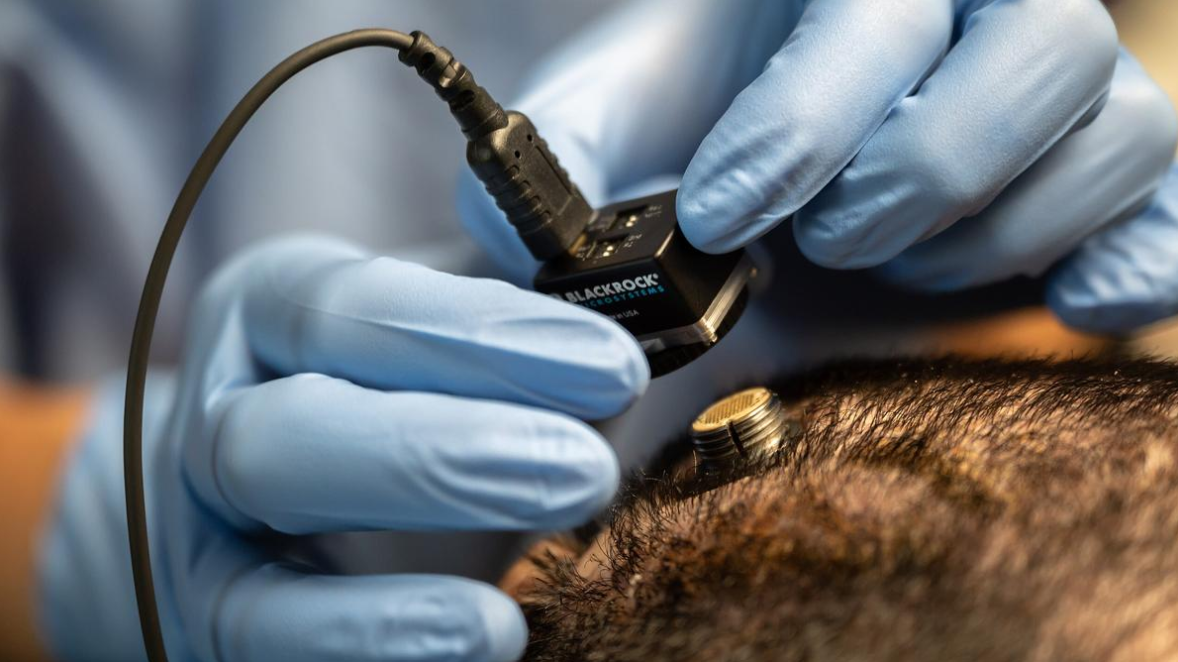Description

Disclaimer: Copyright infringement not intended.
Context
- World Down Syndrome Day was observed on March 21.
About World Down Syndrome Day
- The first World Down Syndrome Day was observed on March 21 in
- The uniqueness of the triplication of the 21st chromosome, which produces Down syndrome, is symbolised by the choice of the 21st day of March.
History and significance
- With effect from 2012, the General Assembly decided to observe World Down Syndrome Day on March 21 every year.
- To increase public awareness of Down syndrome, the General Assembly invites all Member States, pertinent United Nations agencies, other international organisations, and members of civil society, including non-governmental organisations and the private sector, to observe World Down Syndrome Day in an appropriate way.
- Every year, International Down Syndrome Day is marked to increase public understanding of the condition.
- The UN asks for "full and effective involvement and inclusion in society" in the main principles of the UN Convention on the Rights of Persons with Disabilities (UN CRPD).

Theme
- "Inclusion Means" is the topic for World Down Syndrome Day this year.
Significance
- Understanding the importance and reason for observing this day is essential to drawing attention to the condition in a positive light.
What is Down Syndrome and what causes it?
- In the body, chromosomes are discrete "packages" of genes. They control how a baby's body develops during pregnancy and after birth, determining how it will look and work. A newborn typically has 46 chromosomes (23 Chromosome Pairs). One of these chromosomes, chromosome 21, has an extra copy in infants with Down syndrome.
- Thus, an extra chromosome causes the disorder known as Down syndrome.
- Trisomy is the medical word for having an extra copy of a chromosome.
- Trisomy 21 is another term used to describe Down syndrome.

Impact of Down Syndrome
- The newborn may experience difficulties with their mental and physical development as a result of this additional copy, which alters how their body and brain grow.
- Individuals with Down syndrome typically have mild to moderately low IQs (a measure of intelligence) and speak more slowly than other children.
Treatment
- There's no cure for Down syndrome, but treatment is available to help the child reach their full potential.
- Treatment focuses on helping your child thrive physically and mentally.
- Treatment options could include: Physical or occupational therapy.
|
PRELIMS PRACTICE QUESTION
Q. Match the following:
1. Turner’s Syndrome a. Trisomy of Chromosome 21.
2. Down’s Syndrome b. Boy is born with an extra copy of the X chromosome (XXY).
3. Patau's syndrome c. Female is partially or completely missing an X chromosome.
4. Klinefelter syndrome d. Trisomy 13.
A. 1-a, 2-d, 3-c, 4-a
B. 1-c, 2-a, 3-d, 4-b
C. 1-d, 2-a, 3-c, 4-b
D. 1-c, 2-a, 3-b, 4-d
Answer: B
|

https://www.ndtv.com/health/world-down-syndrome-day-2023-history-significance-everything-you-need-to-know-about-this-condition-3877857












